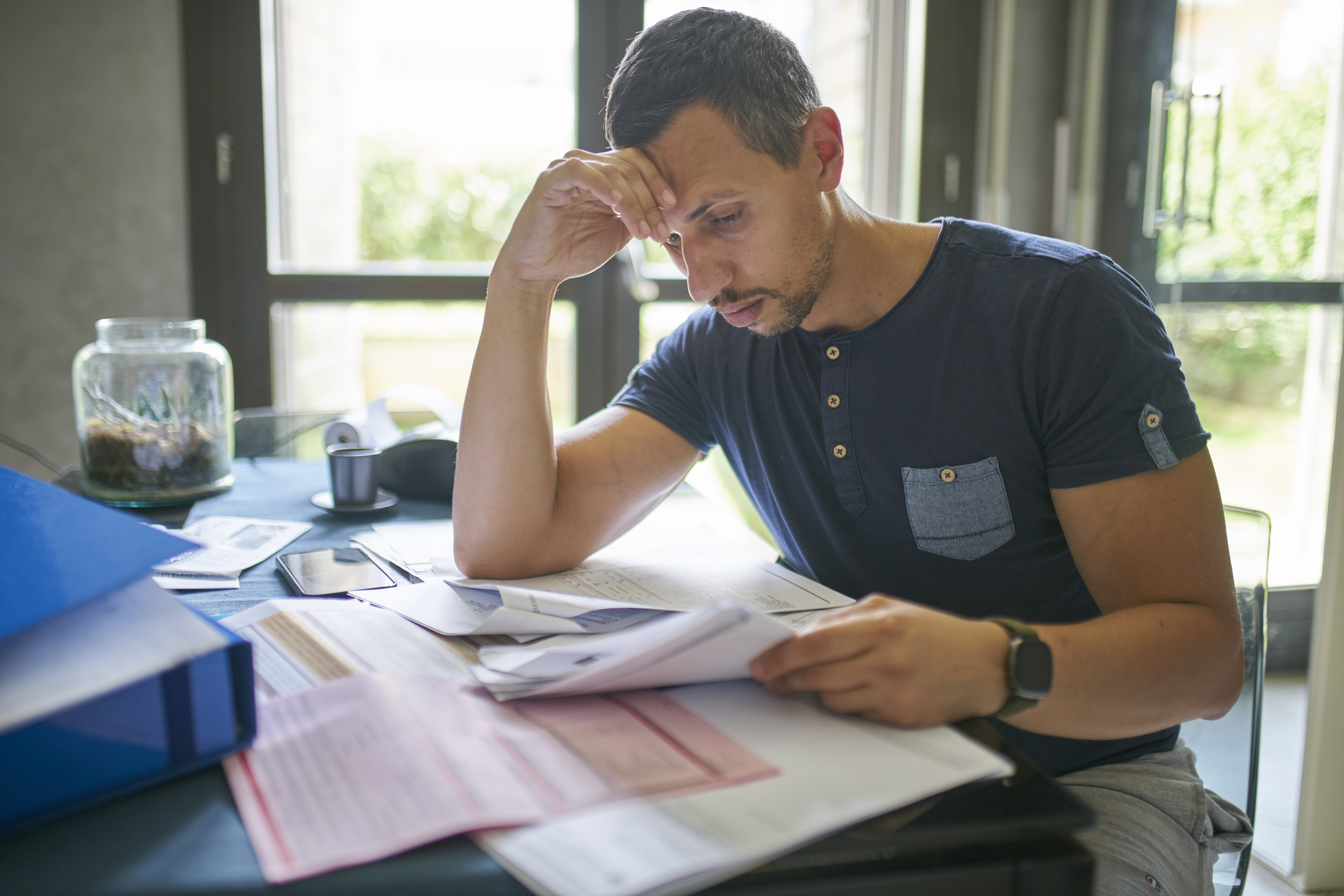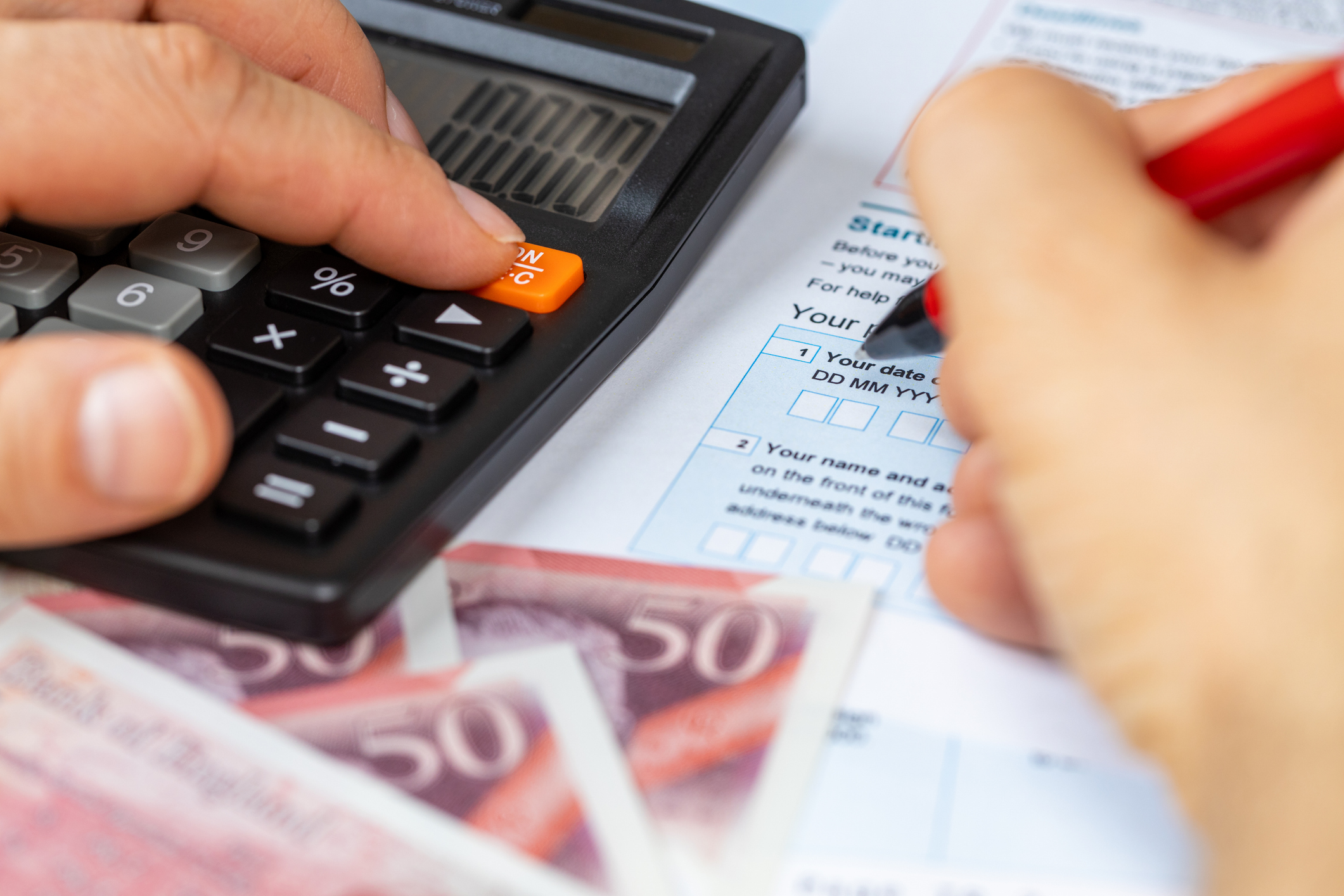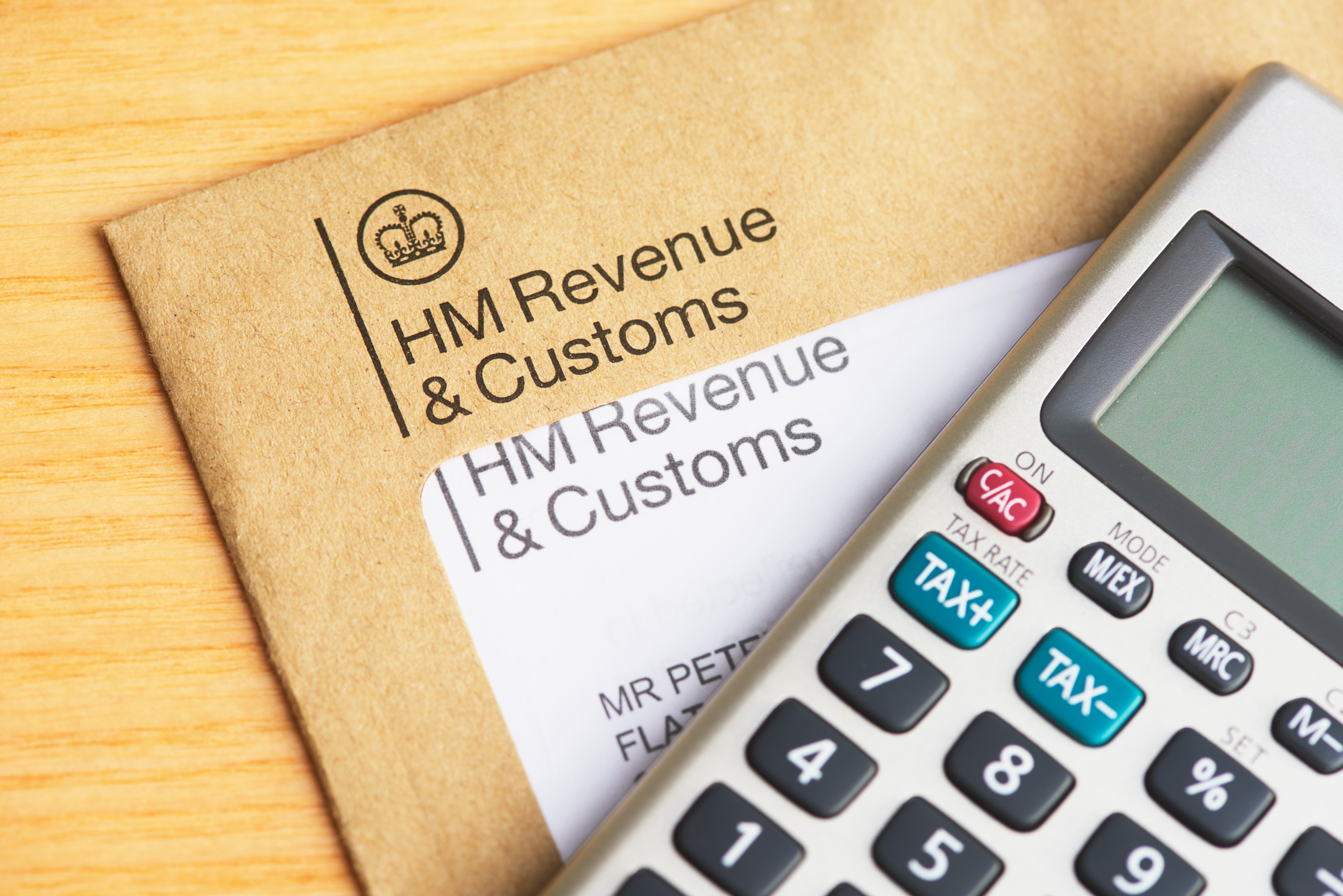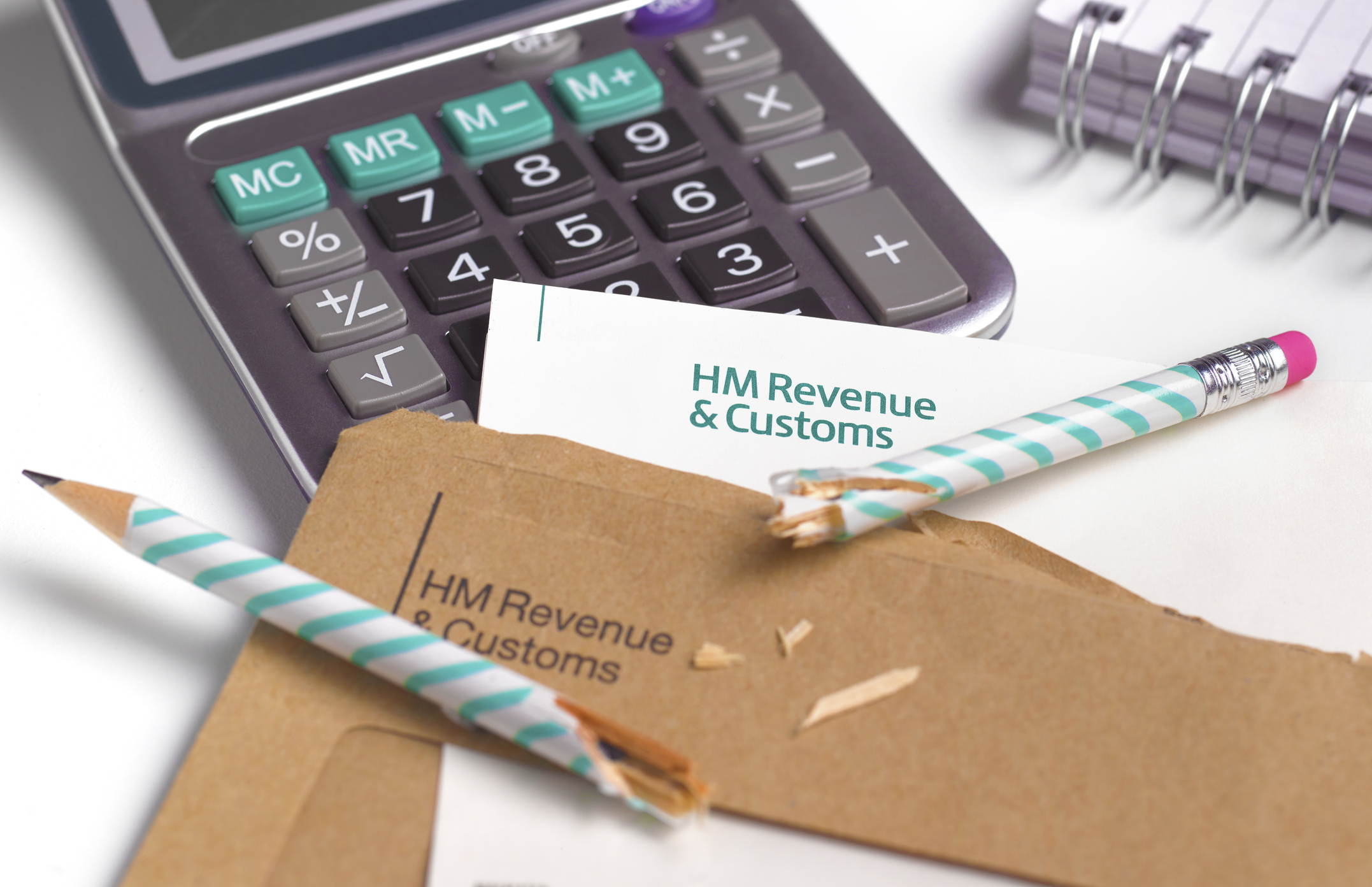Don’t get caught by the pensions cap
Breaching the lower annual-contribution allowance on your pension can trigger a nasty tax bill

Get the latest financial news, insights and expert analysis from our award-winning MoneyWeek team, to help you understand what really matters when it comes to your finances.
You are now subscribed
Your newsletter sign-up was successful
Want to add more newsletters?

Twice daily
MoneyWeek
Get the latest financial news, insights and expert analysis from our award-winning MoneyWeek team, to help you understand what really matters when it comes to your finances.

Four times a week
Look After My Bills
Sign up to our free money-saving newsletter, filled with the latest news and expert advice to help you find the best tips and deals for managing your bills. Start saving today!

Almost one million people are at risk of punitive tax charges because they haven't understood complicated rules on pension savings and withdrawals, according to new figures released by HM Revenue & Customs (HMRC).
Since 2015, savers have been able to tap their pension funds in various ways from the age of 55. Yet many people who take advantage of the pensions freedom system to take income out of their pension plans do not realise that in most cases, this severely restricts their ability to make further savings.
While most people get a £40,000 annual allowance for pension contributions, a lower cap, known as the money purchase annual allowance (MPAA), applies to most of those who have started accessing their savings at age 55 or older. This reduced allowance, worth just £4,000 a year, was introduced to stop people withdrawing large sums from pensions in order simply to reinvest the money and claim new tax relief.
MoneyWeek
Subscribe to MoneyWeek today and get your first six magazine issues absolutely FREE

Sign up to Money Morning
Don't miss the latest investment and personal finances news, market analysis, plus money-saving tips with our free twice-daily newsletter
Don't miss the latest investment and personal finances news, market analysis, plus money-saving tips with our free twice-daily newsletter
Since 2015, 980,000 people have made withdrawals that mean they are now subject to the MPAA, says HMRC. Anyone who subsequently breaches the £4,000 allowance faces a tax bill at their highest rate of income tax on the excess. A higher-rate taxpayer making a £6,000 pension contribution, for example, would have to pay tax on the additional £2,000, prompting an immediate £800 bill.
In practice, many people making pension withdrawals after the age of 55 also continue contributing to their savings, often for perfectly valid financial-planning reasons. They may be moving into part-time work, for example, supplementing their income with cash from their pension, while still retaining membership of their current employer's scheme. Or they may be accessing their pension to make a one-off purchase a holiday home, say. Others may simply be reorganising their pension-savings strategy.
Freedom has its limits
Just Group, the pension provider whose freedom-of-information request prompted HMRC to release the data, has warned that many savers who did not receive independent financial advice about how to manage their pension cash would not realise they now faced a lower contribution cap.
Research from another provider, Canada Life, supports this notion: it found that one in five pension savers not receiving advice on withdrawals had no idea they were likely to be affected bythe MPAA.
The MPAA trap is complicated by the fact that not all withdrawals trigger the lower limit on contribution.It does not apply to savers cashing in small pension funds worth less than £10,000, for example, or those who exercise their right to take a tax-free cash lump sum out of their savings but do not withdraw any income from the fund.
The MPAA warning is just another example of how savers are potentially being caught out by the pension freedom reforms. While the changes have benefited many people, they have also added significant complexity to the system. Overall, a third of savers
fail to take financial advice on how to manage their pension-fund cash later in life, according to the Financial Conduct Authority, the
chief City regulator.
Get the latest financial news, insights and expert analysis from our award-winning MoneyWeek team, to help you understand what really matters when it comes to your finances.

David Prosser is a regular MoneyWeek columnist, writing on small business and entrepreneurship, as well as pensions and other forms of tax-efficient savings and investments. David has been a financial journalist for almost 30 years, specialising initially in personal finance, and then in broader business coverage. He has worked for national newspaper groups including The Financial Times, The Guardian and Observer, Express Newspapers and, most recently, The Independent, where he served for more than three years as business editor.
-
 How a ‘great view’ from your home can boost its value by 35%
How a ‘great view’ from your home can boost its value by 35%A house that comes with a picturesque backdrop could add tens of thousands of pounds to its asking price – but how does each region compare?
-
 What is a care fees annuity and how much does it cost?
What is a care fees annuity and how much does it cost?How we will be cared for in our later years – and how much we are willing to pay for it – are conversations best had as early as possible. One option to cover the cost is a care fees annuity. We look at the pros and cons.
-
 Two million taxpayers to be hit by £100k tax trap by 2026/27
Two million taxpayers to be hit by £100k tax trap by 2026/27Frozen thresholds mean more people than ever are set to pay an effective income tax rate of 60% as their earnings increase beyond £100,000. We look at why, as well as how you can avoid being caught in the trap.
-
 13 tax changes in 2026 – which taxes are going up?
13 tax changes in 2026 – which taxes are going up?As 2026 gets underway, we look at what lies ahead in terms of changes to tax rates and allowances this year and how it will affect you.
-
 How to limit how much of your Christmas bonus goes to the taxman
How to limit how much of your Christmas bonus goes to the taxmanIt's Christmas bonus season but the boosted pay packet may mean much of your hard-earned reward ends up with HMRC instead of in your pocket
-
 Over 1 million pay 45% rate of income tax as fiscal drag bites
Over 1 million pay 45% rate of income tax as fiscal drag bitesHundreds of thousands more people are being pushed into the additional rate tax band by fiscal drag
-
 'I've used my annual ISA allowance. How can I shield my savings from tax?'
'I've used my annual ISA allowance. How can I shield my savings from tax?'As millions face paying tax on savings interest, we explore how to protect your money from the taxman. If you've used up your ISA allowance, we look at the other tax-efficient options.
-
 Simple assessment explained as millions brace for unexpected tax bills
Simple assessment explained as millions brace for unexpected tax billsIncreasing numbers of people could get letters from HMRC saying they owe more tax due to frozen thresholds, under a system known as simple assessment. Here is what it means for you.
-
 What are wealth taxes and would they work in Britain?
What are wealth taxes and would they work in Britain?The Treasury is short of cash and mulling over how it can get its hands on more money to plug the gap. Could wealth taxes do the trick?
-
 When is the self-assessment tax return deadline?
When is the self-assessment tax return deadline?If you are self-employed, rent out a property or earn income from savings or investments, you may need to complete a self-assessment tax return. We run through the deadlines you need to know about